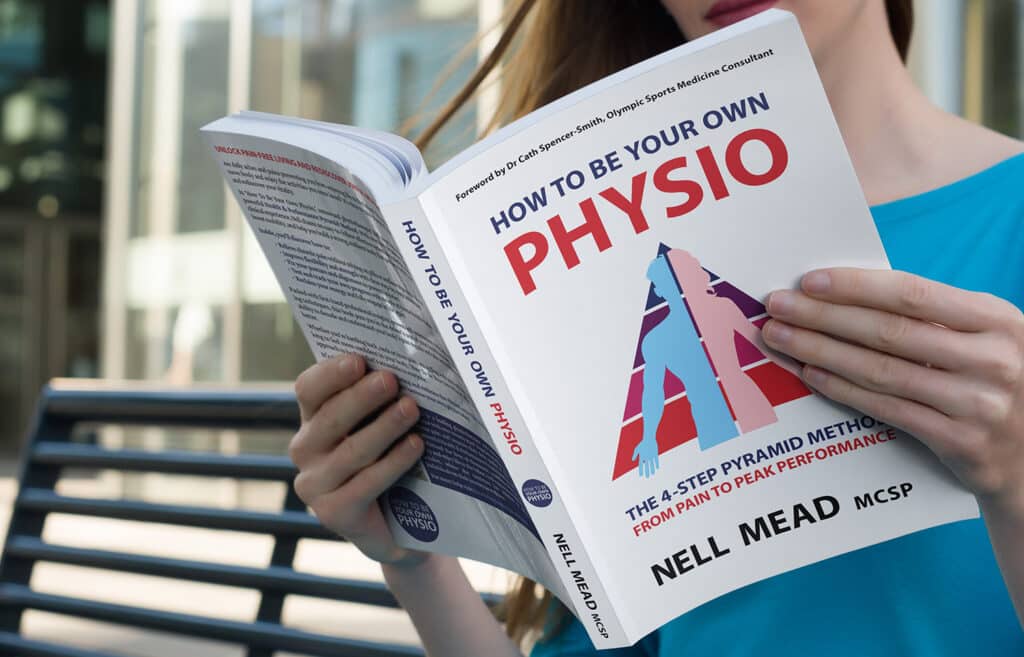Three months ago, I wrote about the difference between acute, local inflammation (first stage of healing: good) and chronic, systemic inflammation (body attacking itself: bad) and explained that the things you can do to optimise your system to reduce inflammation were to stop smoking, cut down on the alcohol, sort out your sleep hygiene, reduce your stress levels, drink plenty of water, eat well, and exercise in moderation with good movement patterns. We’ve been through sleep and stress in more detail – more recently I’ve been writing about about diet, specifically about omega-3 fatty acids and vitamins and minerals, and how they can affect inflammation. This week it’s time to look at the role of amino acids.
If you’ve been following my posts on inflammation, you’ve probably got the idea now that what you feed your body is important. The right nutrients can form the building blocks of a healthy body and help you to perform at a high level and avoid injury and illness (or to recover more quickly, if you’ve been unfortunate); whereas consistently eating poorly will lead to you becoming malnourished, sick and at risk of injury.
A nutrient we haven’t yet discussed is protein. Protein is an essential nutrient for growth and repair in the human body. Amino acids, which make up different types of protein, are the building blocks of muscle tissue and are therefore particularly important when it comes to muscular health.
All amino acids can be found (in varying quantities) in meat, fish, eggs, milk and some legumes (eg soy beans) and grains (eg quinoa); but as with most things, for optimal health and for recovery from injury, we need some amino acids more than others – and not all of them are readily available and absorbable.
That’s why our favourite clinical nutritionist, Matt Lovell, has produced R5 Aminos, a cutting-edge blend of amino acids, vitamins and minerals that help with recovery after training and injury, and a favourite with England rugby players including Jonny Wilkinson, Martin Bayfield and James Haskell.
The amino acids in R5 Aminos are:
- Glycine – an inhibitory neurotransmitter that calms your nervous system down and improves sleep. Your body also uses glycine to produce glutathione, which is important to combat free radicals (which cause cell degeneration), and it’s a component of collagen, so it’s needed to support and repair all connective tissue including muscles, tendons, ligaments and skin.
- Glutamine – a vital component of muscle tissue, but also instrumental in supporting the immune system, and in the production of glutathione for combating free radicals.
- Arginine – this is the third amino acid used in the production of glutathione, and it is also thought to improve oxygen delivery to the tissues during moderate exercise, and help you to keep going for longer.
- Lysine – this stimulates the production of growth hormone (used to repair the tissues after damage) and is an essential amino acid, which means it can’t be produced by the body and has to be eaten.
- Tyrosine – this is involved in the production of thyroid hormones which control metabolism; and is also involved in the production of happy hormone dopamine.
- Ornithine – this works in conjunction with arginine to increase strength and lean body mass.
It also contains amino compounds ornithine alpha-ketoglutarate, arginine pyroglutamate, N-acetyl cysteine and 5HTP; minerals magnesium, zinc, manganese, selenium and copper; and vitamins inositol, B12, B6, B3, folic acid, E, C – and St John’s Wort (to enhance mood and sleep, and to provide antioxidants). So it certainly packs a punch – and of course, having been created by a clinical nutritionist, there no preservatives, chemicals, dyes or artificial sweeteners.
Two scoops in water is all you need each day to support your recovery from injury, or to help to prevent it by reducing inflammation – and the good news is, it tastes pretty nice as well! Just click here to order a tub and see the benefits for yourself.







